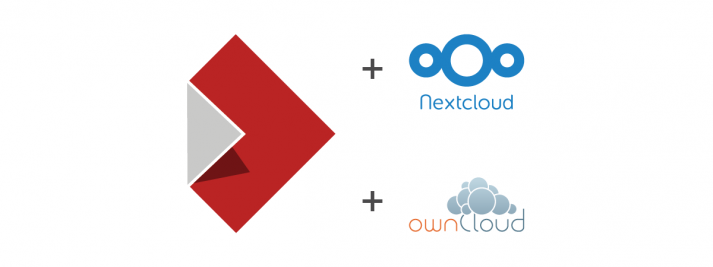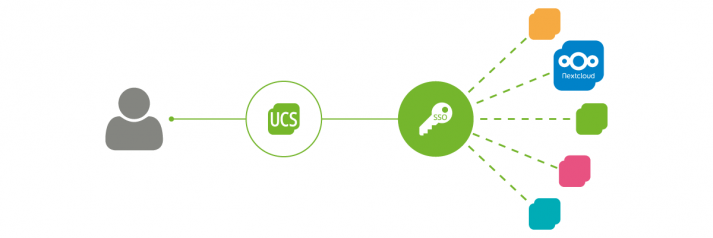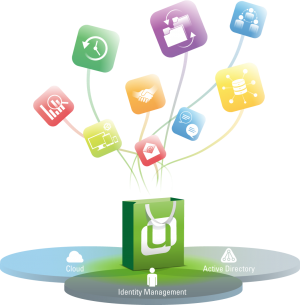Rocket.Chat: Open Source, Data Privacy-Minded, and Loving It
Rocket.Chat has positioned itself as a full-featured messaging platform with one big difference that separates it from the competition: it is a completely open-source product. Potential customers will appreciate that because they have the freedom to control their deployment of Rocket.Chat server and direct access to the latest source code. However, open-source projects also come with a number of other key advantages.
Rocket.Chat is doing things with security and privacy that your typical messenger either ignores or fails to implement. It’s also introducing its users to a virtuous loop, where users can become contributors in improving the system itself, which is another rare feature of a messaging app.
And Rocket.Chat is available as app in Univention App Center and already utilizes Rocket.Chat’s LDAP support to enable users within the Univention Corporate Server (UCS) identity management to login to Rocket.Chat. A pre-installed App Appliance for VMware, VirtualBox and KVM is available for download to get prospects up and running quickly and easily.
In this article, we’ll explore the history of how Rocket.Chat came to be and what lies ahead for its open-source community of developers and users.









